
The impact of the virus on Australian universities
February 19, 2021 12:48 pmUniversities in Australia are to receive extra funding to boost the country's economic recovery after the pandemic

Universities in Australia are to receive extra funding to boost the country's economic recovery after the pandemic
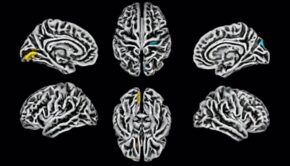
A study confirms that the novel coronavirus can infect different types of brain cells, and may be capable of directly damaging the brain
Four women were honored in three of the six Nobel Prize categories this year, the second-highest number in the history of the prestigious award

There is water on the Moon, and not only in the dark craters located near its poles

Archaeologists have identified a new geoglyph on the side of a hill in the desert between the Peruvian cities of Nazca and Palpa

Brazilian paleontologists have identified fossilized blood parasites in the back leg bone of a titanosaur that lived some 85 million years ago
The Center for Artificial Intelligence, an engineering research center funded by FAPESP was inaugurated on October 13 at the University of São Paulo

Bill 529/2020, which establishes a range of measures for fiscal adjustment, was approved on October 14 by the São Paulo State Legislative Assembly
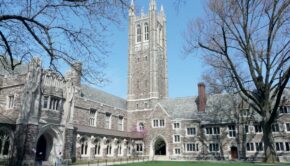
Princeton University has announced it will pay just under US$1 million in back pay to a group of 106 female professors

The researchers were able to regenerate the TMJ bone and cartilage of pigs, whose jaws are similar to those of humans, using stem cells obtained from the animals’ own fat
Electricity production in Brazil has almost doubled since 2001, but remains clean
In 2005, the scientific journal Chest, from the American College of Chest Physicians, published an article by surgeon Wataru Matsuyama... View Article
A preprint describing a potential treatment for the novel coronavirus caught the attention of Dutch biologist Elizabeth Bik, who runs a blog on scientific integrity

A European project is analyzing initiatives implemented by universities and research institutions to identify the most successful approaches
The Pantanal is one of the best-preserved biomes in Brazil. As of 2019, 84% of its native vegetation had been... View Article
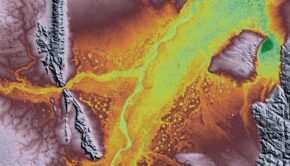
The sand dunes on the banks of the São Francisco River, the most extensive inland dunes in Brazil, began to form more than 20,000 years ago
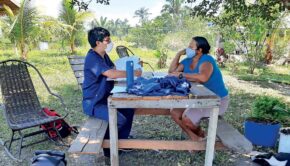
Tuyuka doctor battles COVID-19 in the Amazon

In the midst of the COVID-19 pandemic, online scientific meetings offer a new way of sharing knowledge

Otto Gottlieb associated the structural complexity of substances with the development plants and their environment
The USP astrophysicist studied black holes and created partnerships giving Brazil access to large international telescopes

Elisaldo Carlini, a pioneer in the study of medicinal plants and cannabis compounds, dies at 90 years of age

Endurance of Clarice Lispector's work reaffirmed in the 100th year since her birth

Research teams from the Forest Institute propose new uses for Brazilian wood species and innovative strategies for protecting native vegetation

Brazilian researchers develop solutions for new 5G mobile and internet standard

New material made of gold nanoparticles can modify the properties of laser light and be used to make photon transistors

Mouse brain activates a distinct set of neurons in response to different animal odors
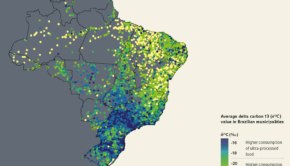
Isotopes in the fingernails reveal information about a person’s diet and can be used to infer their socioeconomic status
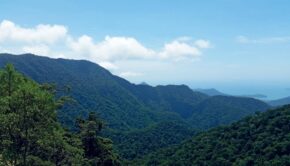
Studies on interactions between vegetation and the climate, such as those that occur in the Atlantic Forest, open new paths for the FAPESP program

Activities Report shows FAPESP expanded strategic programs in 2019 as it continued to support the scientific community

A thriving generics industry and government funding have helped to boost research and development spending among Brazilian pharmaceutical companies, study shows